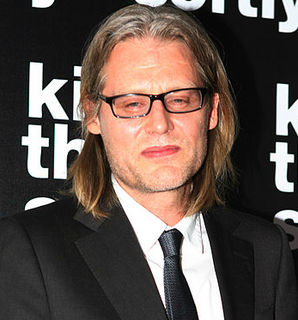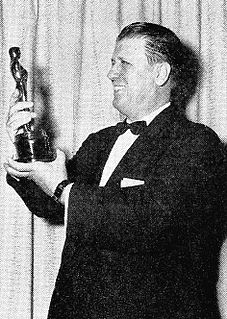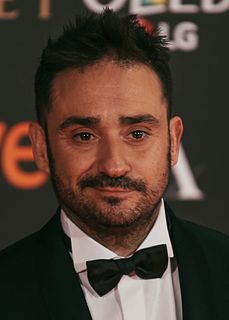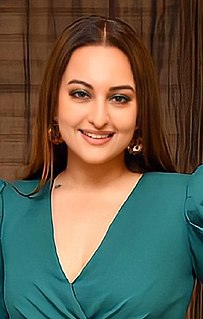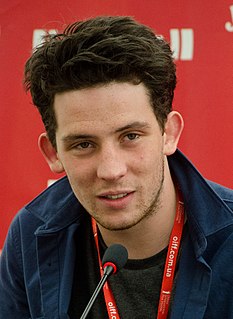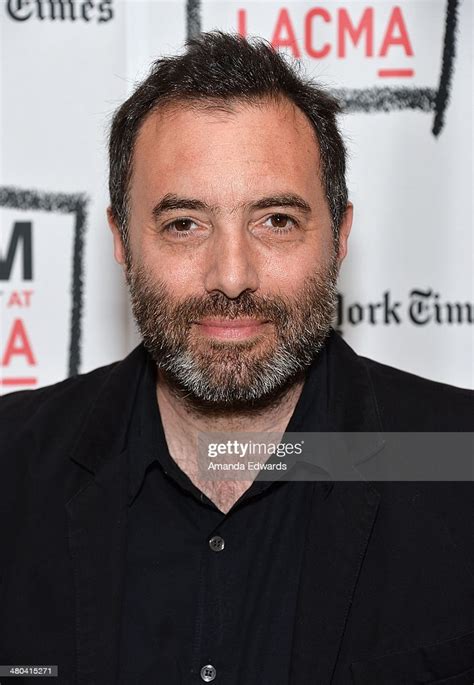A Quote by Andrew Dominik
Anything that's memorable about a movie is often what a test audience will object to because they're being asked to be experts. They just compare the film they finished watching to all of the other films that they've seen.
Related Quotes
Even when people are watching a movie in a multiplex, they insult the film by constantly checking their phones and flashing lights. At times, even when the audience is being told to not flash their cameras, they do, and you can't do anything because it's a habit for them and they can't stop. I don't want that for myself.
If you test Iron Man and that audience doesn't respond well, you can be damn sure that there is something wrong with the movie that you have to address. Because they're expecting a certain amount of action, right? They want a hero. There are certain things that have to be compatible with the way the audience is thinking about it. If you take some other film, like No Country for Old Men, you can end up with all kinds of crazy reactions.
I often find in the film world, that it's very self-referring. If you talk to someone about films, they talk about them in terms of other films - rather than as something that happened to them in their life. And I'm really keen to get back to film as a reference to real things, not necessarily to other films.
The audience for 'Lootera' is far less than for my other kind of films. Just because I pulled it off doesn't mean I will change my tastes. I love to watch masala films, and I love to sing, dance and say those larger-than-life dialogues. But whenever I get a chance, and I really feel the connect, I will do a performance-oriented film.
I think that film festivals, we're very often given to understand, are about filmmakers and about films and about the industry of filmmaking. I don't believe that they are, I believe that film festivals are about film audiences, and about giving an audience the encouragement to feel really empowered and to stretch the elastic of their taste.
As a filmmaker, I believe in trying to make movies that invite the audience to be part of the film; in other words, there are some films where I'm just a spectator and am simply observing from the front seat. What I try to do is draw the audience into the film and have them participate in what's happening onscreen.
We're all so jaded. We've seen so many movies. We know what's going to happen in every single movie. I mean, there are some movies where I'm like why do I even need to keep watching? And so, if you can make a movie in which you're completely surprising the audience left and right, and left and right, then you've won. If a jaded film critic or reporter or an audience is like, "I didn't see that one coming," that to me is like a victory.
What I find difficult about photo shoots is the line between playing a character - you're being asked by the photographer to take on a role like you would in a movie - and being a fancier version of yourself. It's about finding that line between being spontaneous and open to direction, but also trying to explain to photographers that the "me" is often taken out of context because it has all of this other stuff attached to it.
